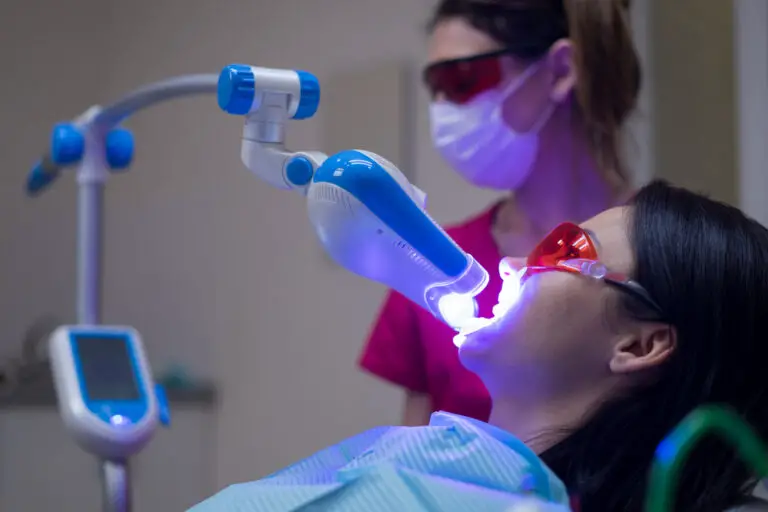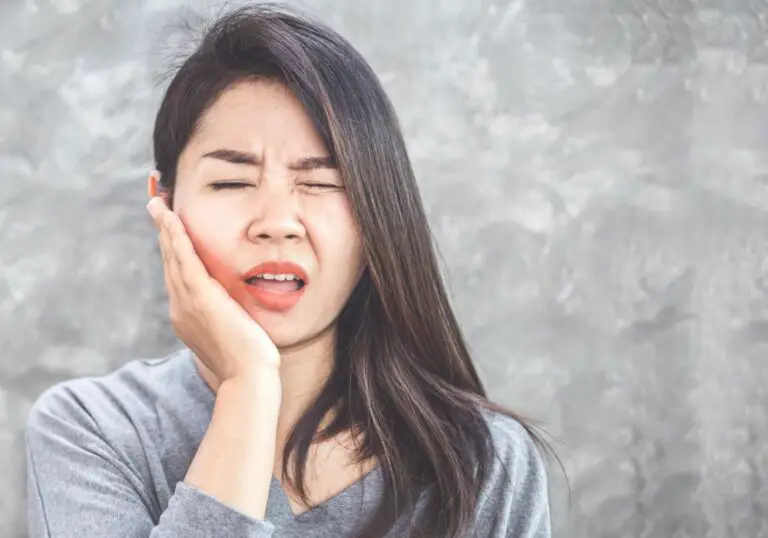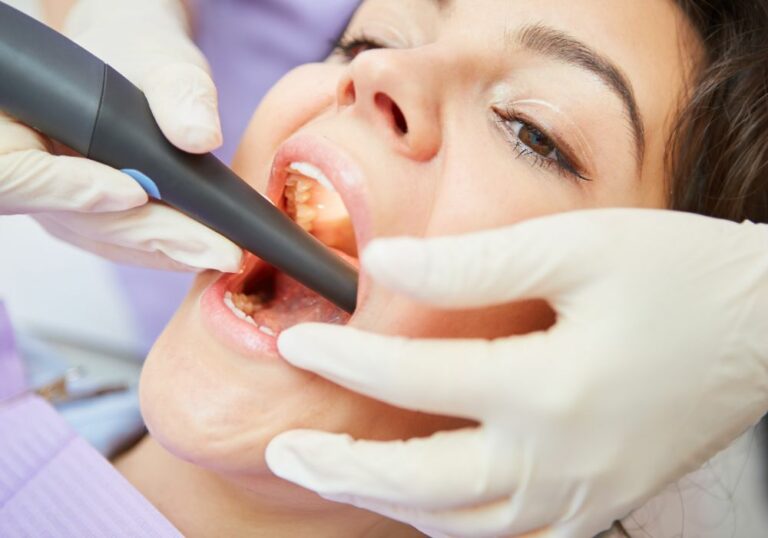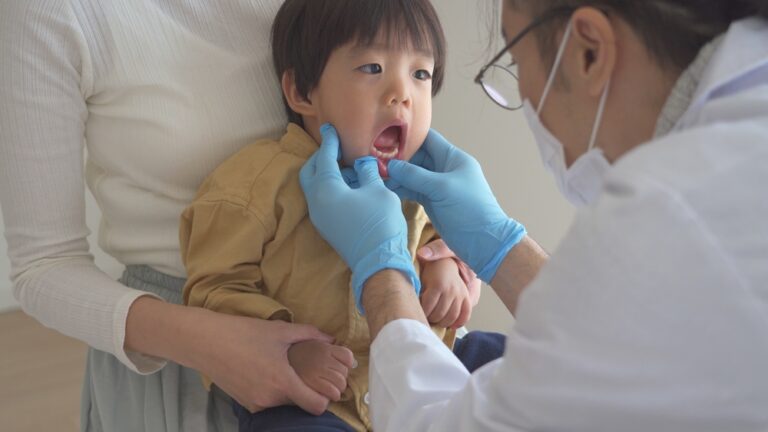Have you ever noticed that your teeth feel sensitive when you breathe in cold air or drink hot beverages? That’s because air can affect the health of your teeth in various ways. Understanding how air impacts your teeth can help you take better care of your oral health and prevent potential dental issues.
Air can cause tooth sensitivity, especially during the winter months. When you breathe in cold air, it can cause a sharp pain in your teeth due to the exposed dentin. Dentin is the layer of your tooth that lies beneath the enamel and contains tiny tubes that lead to the nerve of the tooth. The cold air can travel through these tubes and cause discomfort. Similarly, drinking hot beverages can also cause sensitivity due to the expansion and contraction of your tooth’s enamel.
The Composition of Air

When you breathe, you are inhaling a mixture of gases collectively known as air. The composition of air can vary depending on location and other factors, but generally, it is made up of nitrogen, oxygen, carbon dioxide, and other gases in smaller amounts.
Oxygen
Oxygen is the most abundant gas in the air you breathe, making up about 21% of its composition. It is essential for human life, as it is required for cellular respiration, the process by which your body produces energy. Oxygen is also important for maintaining healthy teeth and gums, as it helps to promote blood flow and tissue repair.
Carbon Dioxide
Carbon dioxide is a gas that is produced by the human body during cellular respiration. It makes up only a small fraction of the air you breathe, usually around 0.04%. While it is not essential for human life, carbon dioxide does play a role in regulating the pH balance in your body, which is important for maintaining healthy teeth and gums.
Other Gases
In addition to nitrogen, oxygen, and carbon dioxide, there are many other gases present in the air you breathe. Some of these gases, such as argon and neon, are inert and do not react with your body in any significant way. Others, such as methane and ozone, can be harmful in high concentrations.
Overall, the composition of air is an important factor in maintaining healthy teeth and gums. By ensuring that you are breathing in a balanced mixture of gases, you can help to promote blood flow and tissue repair, which can help to prevent tooth decay and gum disease.
Air and Oral Health
Air can have a significant impact on your oral health, and breathing through your mouth can lead to a variety of dental problems. Here are some ways that air can affect your teeth and gums:
Air and Tooth Decay
Breathing through your mouth can dry out the saliva in your mouth, which is essential for neutralizing acids and washing away food particles. As a result, the bacteria in your mouth can produce more acid, which can lead to tooth decay. Additionally, lying flat can cause mucus to accumulate in your nose, which can lead to more mouth breathing and further dryness.
To prevent tooth decay caused by dry mouth, try propping up your head with a firmer pillow or a couple of pillows. You can also try chewing sugar-free gum or drinking plenty of water to stimulate saliva production.
Air and Gum Disease
Open-mouth breathing can also dry out your gums and the tissue lining your mouth, leading to a change in the natural bacteria, which can promote gum disease and tooth decay. Dry mouth can also cause bad breath, which can be embarrassing and uncomfortable.
To prevent gum disease caused by dry mouth, try to breathe through your nose as much as possible. You can also try using a humidifier in your bedroom to add moisture to the air.
In conclusion, breathing through your mouth can have a negative impact on your oral health. It can lead to tooth decay, gum disease, bad breath, and other dental problems. By taking steps to prevent dry mouth, you can help keep your teeth and gums healthy and strong.
The Role of Saliva

Saliva plays a crucial role in maintaining oral health. It is a clear liquid that is mostly made of water. However, it also contains important substances that your body needs to digest food and keep your teeth strong. Here are some of the functions and benefits of saliva:
- Keeps your mouth moist: Saliva keeps your mouth moist, which is essential for speaking, swallowing, and digesting food. Without sufficient saliva, you may experience dry mouth, which can lead to bad breath, difficulty swallowing, and other oral health problems.
- Helps with digestion: Saliva contains enzymes that help break down food in your mouth, making it easier to digest. This is especially important for carbohydrates, which are the primary source of energy for your body.
- Protects your teeth: Saliva helps protect your teeth against cavities by neutralizing acids produced by bacteria in your mouth. It also contains minerals such as calcium and phosphate, which help strengthen your tooth enamel and repair small areas of damage.
- Fights bacteria: Saliva contains antibacterial compounds that help fight harmful bacteria in your mouth. This helps prevent infections and gum disease.
- Lubricates your mouth: Saliva helps lubricate your mouth, making it easier to speak, chew, and swallow. It also helps prevent food from sticking to your teeth and gums, which can lead to plaque buildup and tooth decay.
In summary, saliva is essential for maintaining oral health. It helps keep your mouth moist, aids in digestion, protects your teeth against cavities, fights bacteria, and lubricates your mouth. If you are experiencing dry mouth or other oral health problems, it is important to talk to your dentist or healthcare provider to determine the underlying cause and develop an appropriate treatment plan.
Air and Tooth Sensitivity
If you have ever felt a sudden sharp pain in your teeth while breathing in cold air, you are not alone. Tooth sensitivity to air is a common problem that affects many people, especially during the winter months. Here are some reasons why your teeth may be sensitive to air and what you can do about it.
Causes of Tooth Sensitivity to Air
There are several possible causes of tooth sensitivity to air, including:
- Gum recession: When the gum tissue around the teeth begins to recede, the roots of the teeth become exposed and can be sensitive to air and other stimuli.
- Enamel erosion: Acidic foods and drinks can erode the enamel on your teeth, making them more sensitive to air and other stimuli.
- Tooth decay: Cavities can cause tooth sensitivity to air and other stimuli.
- Cracked or chipped teeth: Damage to the teeth can cause sensitivity to air and other stimuli.
Remedies for Tooth Sensitivity to Air
If you are experiencing tooth sensitivity to air, there are several remedies that may help:
- Use desensitizing toothpaste: There are many types of toothpaste available that are specifically designed to reduce tooth sensitivity.
- Use fluoride treatments: Fluoride can help strengthen the enamel on your teeth and reduce sensitivity.
- Avoid acidic foods and drinks: Acidic foods and drinks can erode the enamel on your teeth, making them more sensitive to air and other stimuli.
- Wear a mouthguard: If you grind your teeth at night, a mouthguard can help protect your teeth from damage and reduce sensitivity.
- Visit your dentist: If your tooth sensitivity is severe or persistent, your dentist may recommend other treatments, such as fillings or root canal therapy.
In summary, tooth sensitivity to air can be caused by a variety of factors, including gum recession, enamel erosion, tooth decay, and cracked or chipped teeth. If you are experiencing tooth sensitivity to air, there are several remedies that may help, including desensitizing toothpaste, fluoride treatments, avoiding acidic foods and drinks, wearing a mouthguard, and visiting your dentist.
The Impact of Air Pollution on Teeth
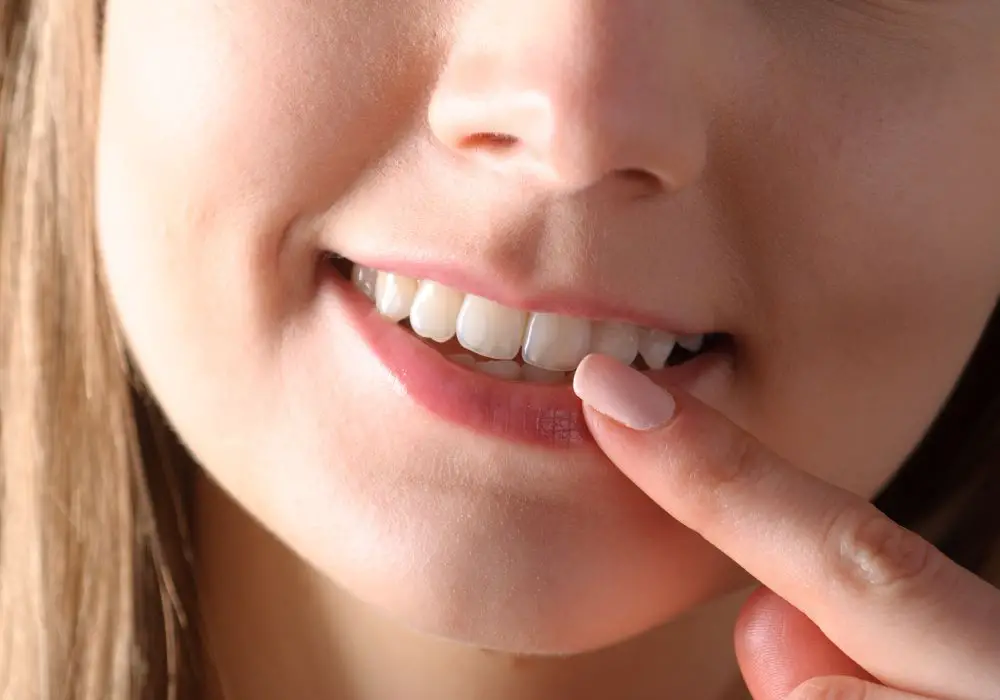
You may not think that air pollution has any effect on your teeth, but it can actually have a significant impact on your oral health. The chemicals and metals present in the air can attack your teeth over time, leading to a number of problems like discoloration, erosion, and even decay.
One of the major pollutants that can affect your teeth is chlorine. Chlorine can cause pigmentation of your teeth and soften the enamel, which can lead to chipping. This is just one example of how air pollution can harm your teeth, but there are many other pollutants that can have similar effects.
In addition to damaging your teeth directly, air pollution can also have indirect effects on your oral health. For example, if you live in an area with high levels of air pollution, you may be more likely to develop respiratory problems like asthma. This can make it more difficult to breathe properly, which can in turn affect your oral health.
To protect your teeth from the harmful effects of air pollution, there are a few things you can do. One of the most important is to maintain good oral hygiene habits like brushing and flossing regularly. You should also try to avoid exposure to air pollution as much as possible by staying indoors when air quality is poor and using air purifiers to clean the air in your home.
Overall, while air pollution may not be the first thing you think of when it comes to your oral health, it is important to be aware of the potential impact it can have. By taking steps to protect your teeth and avoid exposure to pollutants, you can help ensure that your smile stays healthy and bright for years to come.
Protecting Your Teeth from Airborne Threats
Airborne threats can cause a range of dental problems, from teeth sensitivity to discoloration and decay. Here are some tips to help you protect your teeth from these threats:
- Brush and floss regularly: Regular brushing and flossing can help remove plaque and bacteria from your teeth and gums, reducing your risk of tooth decay and gum disease.
- Use a soft-bristled toothbrush: A soft-bristled toothbrush can help protect your teeth and gums from damage caused by brushing too hard.
- Avoid acidic foods and drinks: Acidic foods and drinks can erode your tooth enamel, making your teeth more susceptible to damage from airborne threats.
- Wear a mouthguard: If you play sports or grind your teeth at night, wearing a mouthguard can help protect your teeth from damage.
- Use a fluoride toothpaste: Fluoride can help strengthen your tooth enamel, making your teeth more resistant to airborne threats.
- Visit your dentist regularly: Regular dental check-ups can help identify and address any dental issues before they become more serious.
By following these tips, you can help protect your teeth from the damaging effects of airborne threats and maintain good dental health.
Frequently Asked Questions
Can changes in air pressure cause tooth pain?
Yes, changes in air pressure can cause tooth pain. This is because the air pressure changes can cause the air pockets in your teeth to expand or contract, which can put pressure on the nerves in your teeth.
Why do my teeth hurt when I breathe in air?
If your teeth hurt when you breathe in air, it could be a sign of tooth sensitivity or a cavity. When you breathe in air, the temperature change can cause your teeth to contract, which can put pressure on any exposed nerves in your teeth.
What causes tooth sensitivity to air and cold?
Tooth sensitivity to air and cold can be caused by a number of factors, including tooth decay, gum recession, and enamel erosion. When the protective layer of enamel on your teeth wears away, it can expose the sensitive nerves in your teeth.
How does weather affect tooth pain?
Changes in weather can affect tooth pain, especially if you have tooth sensitivity. Cold weather can cause your teeth to contract, which can put pressure on any exposed nerves in your teeth. Humidity can also affect tooth pain, as it can cause your teeth to expand or contract.
What are some ways to reduce tooth sensitivity to air?
To reduce tooth sensitivity to air, you can try using a toothpaste designed for sensitive teeth, avoiding acidic foods and drinks, and using a soft-bristled toothbrush. You can also talk to your dentist about getting a fluoride treatment or dental sealants to protect your teeth.
What is air abrasion and how does it affect teeth?
Air abrasion is a dental technique that uses a stream of air and particles to remove decay from teeth. It is a less invasive alternative to traditional dental drills and can be used on patients with tooth sensitivity. However, it is not suitable for all types of dental work.

